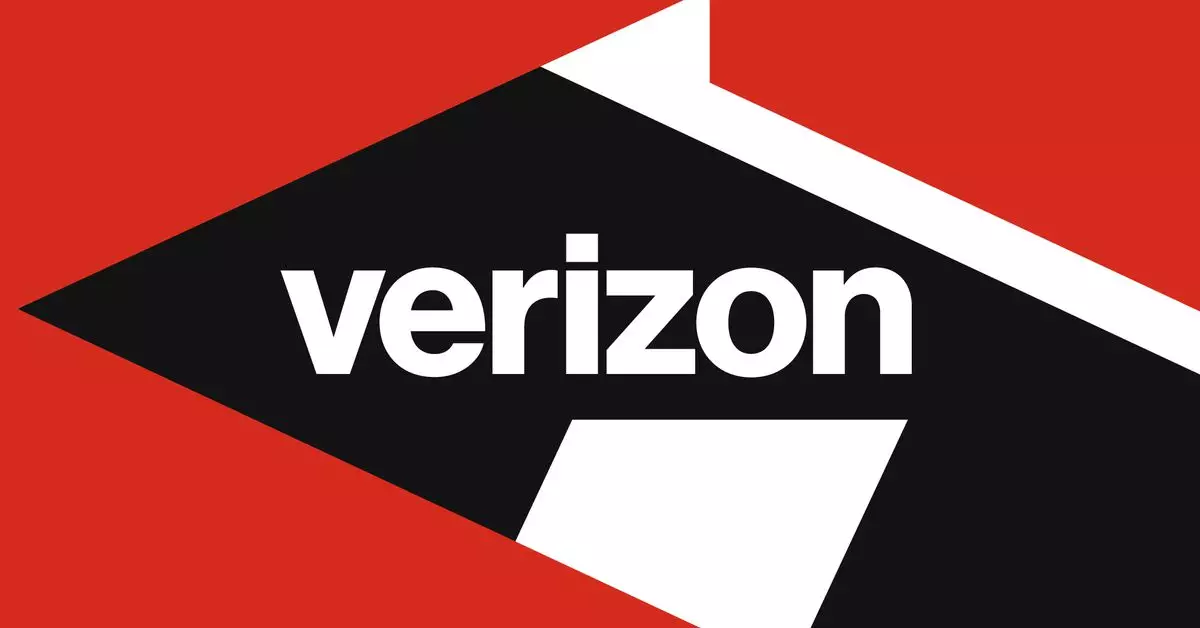In a recent lawsuit filed by powerful record labels such as UMG Recordings, Warner Music, and Sony Music, Verizon has been accused of intentionally turning a blind eye to its customers’ copyright violations for profit. The plaintiffs claim that they are entitled to as much as $150,000 per violation under the Digital Millennium Copyright Act (DMCA), potentially totaling up to $2.6 billion. This legal action stems from Verizon allegedly ignoring nearly 350,000 infringement notices sent by the labels since 2020.
According to the lawsuit, Verizon’s lax policies regarding copyright infringement, coupled with its offer of faster internet speeds for a higher price, created a safe haven for users engaging in internet piracy. The company’s failure to take substantial action against infringing subscribers allegedly encouraged these individuals to continue illegally sharing copyrighted content without consequences.
The lawsuit charges Verizon with both contributory and vicarious copyright infringement. The record labels are seeking the maximum penalty for each track listed in the complaint, as well as attorney’s fees. This legal action highlights the ongoing battle between content creators and internet service providers over the responsibility to combat copyright violations.
Past cases involving copyright infringement, such as Viacom vs. YouTube and the overturned judgment against Cox Communications, have set legal precedents in this area. While YouTube successfully argued for the “Safe Harbor” provision under the DMCA, Cox Communications saw a billion-dollar judgment overturned on appeal due to the court’s ruling that the ISP did not profit from ignoring music piracy.
The lawsuit filed by record labels against Verizon sheds light on the complex issue of copyright protection in the digital age. Companies like Verizon must navigate the delicate balance between providing quality services to customers and preventing illegal activities on their platforms. As the legal battle unfolds, it will be crucial to observe how the court addresses the allegations and determines the appropriate course of action to protect intellectual property rights.


Leave a Reply